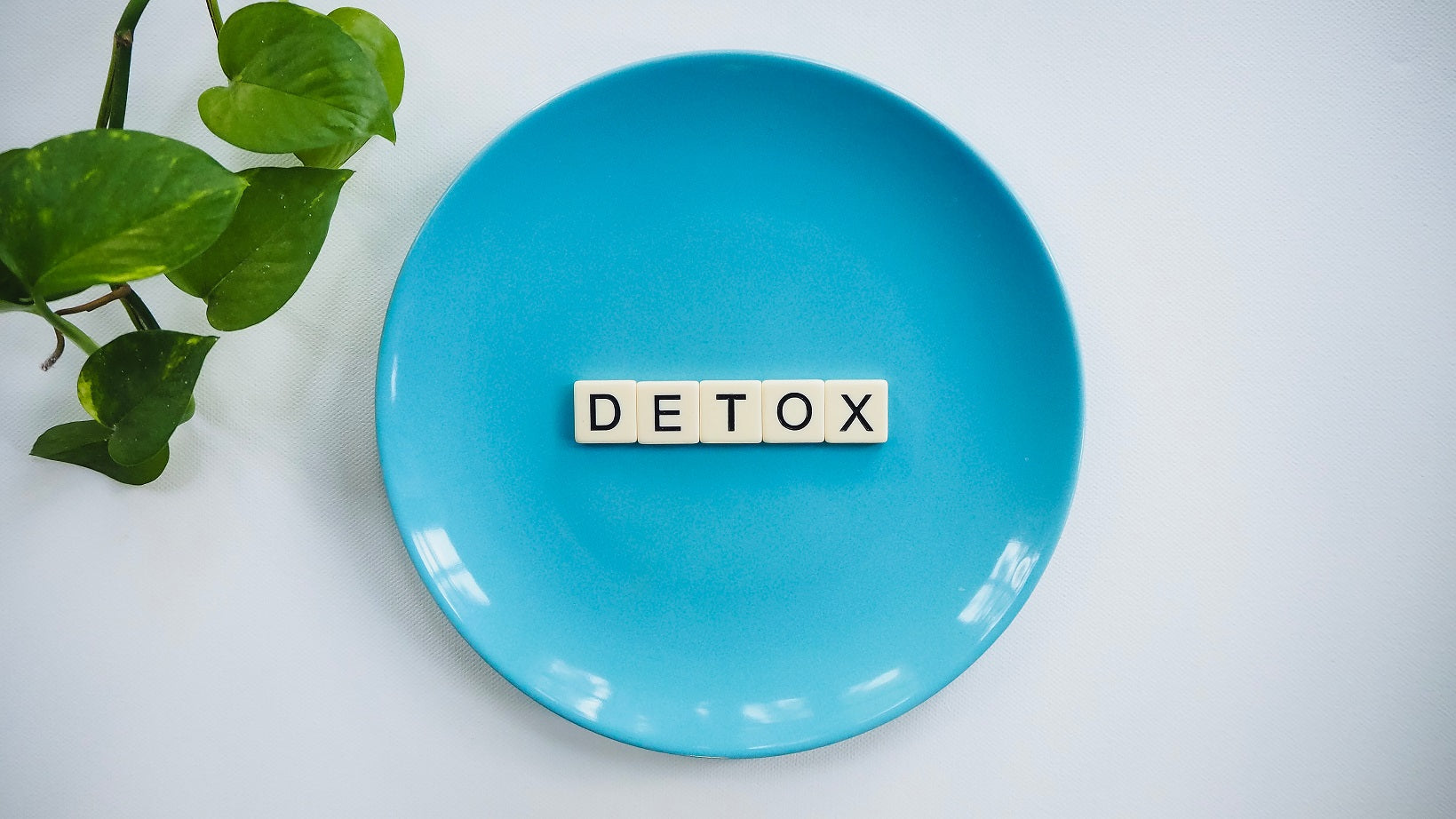“Blue Monday” usually falls on the third Monday in January (Monday January 16 this year) and is said to be the most depressing day of the year. As the festivities of the holiday period recede into the distance, many of us find ourselves facing issues such as seasonal debt, low motivation, and failed new years’ resolutions. In addition, the ongoing dark nights and cold weather in the northern hemisphere can have a real impact on our mental health.
So if you’re struggling at this time of year, you are far from alone. That’s why we have put together some of our top tips for getting through Blue Monday and any other difficult days in the coming weeks.
Get Some Sunshine

We often hear that it’s risky to be out in the sun too much. While this is true, too little sunlight can also play havoc with your health. Many people suffer from vitamin D deficiencies during the winter, which can cause all kinds of health problems from reduced bone density to a lowered immune system. According to WebMD, it can also have repercussions for mental health.
It can be tricky to get enough vitamin D from sunlight alone in the winter. If you think you may be suffering from a vitamin D deficiency, speak to your doctor. They will be able to test your blood and recommend dietary changes or supplements if appropriate.
Sunlight also increases serotonin, a neurotransmitter that plays an important role in maintaining your mood. This means that one of the best things you can do for your wellbeing on Blue Monday and throughout January is to get outside. Even 15-20 minutes of sunlight can make a big difference. How about taking a walk on your lunch break or having your afternoon coffee outdoors?
Eat Well

When you’re feeling low, it can be tempting to reach for comforting treats such as sugar-laden snacks or alcohol for a quick pick-me-up. But while these may make you feel better temporarily, the high they offer is quickly followed by a crash, often leaving you feeling worse than you did to begin with.
Instead, aim to eat a balanced diet filled with healthy, nourishing foods. Fruits and vegetables, complex carbohydrates, protein (such as meat, fish, or tofu), and healthy fats (such as avocados, nuts, or olive oil) are all essential. A healthy diet boosts your mood, gives you energy, and helps you to fight off the January blues more effectively.
Break a Sweat

Exercise is known to have a hugely positive impact on mental health. Keeping fit can reduce anxiety and depression, improve self-esteem, and give you something positive to focus on during times of low mood.
So even if you don’t feel like it, getting a workout in can be a great way to fend off any negative feelings on Blue Monday. Choose something you enjoy, whether that’s a run, a vigorous spinning session, a dance class, or just a brisk walk with a friend.
It might be a struggle to get off the couch if you’re feeling low, but we promise that when your workout is over you’ll be glad you did.
Laugh

“Laughter is the best medicine,” so the popular saying goes. But it turns out this is actually quite true! According to the Mayo Clinic, laughter is a natural stress reliever that can also have a significant and positive long-term impact on your mood.
Laughter activates and relieves your stress response, increases endorphins, and soothes tension, Research suggests it may even help to alleviate physical pain!
So if you do one thing for your mental health on Blue Monday, choose something that makes you laugh. Switch on your favorite sitcom, check out a comedy show, watch silly cat videos on Youtube, or just ask your friends to text you their best jokes.
Reach Out for Help

There’s no shame in asking for help, and just sharing how you’re feeling can take a big weight off your mind on a low day. So if you are struggling, reach out and ask for what you need.
Perhaps you need support with a practical issue, such as dealing with debt or getting to your doctor to get a health complaint checked out. Or perhaps you just need somebody to talk your feelings through with. Whatever it is, reach out to a sympathetic friend or family member and let them know what’s going on.
Don’t be afraid of being a burden on your loved ones. They love you and want you to be happy and healthy. And this doesn’t need to be a one-way street; you can also check in with them, ask how they’re doing, and offer mutual support in return.
If you’re in crisis or need immediate professional assistance, Mental Health America offers support via call, text, or online chat.Read more

Doing more cooking at home is a very popular new year’s resolution, and for good reason. Cooking your own food is far healthier than relying on convenience foods, takeout, and restaurants. Home-coo...

Detoxing is a popular buzzword in the health and wellness space, and particularly at this time of year when many of us are trying to stick to our new year's health goals. But what exactly is detoxi...






Leave a comment
All comments are moderated before being published.
This site is protected by hCaptcha and the hCaptcha Privacy Policy and Terms of Service apply.